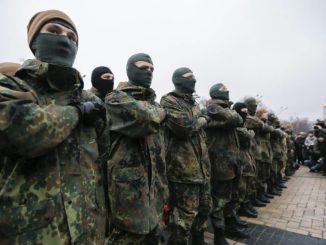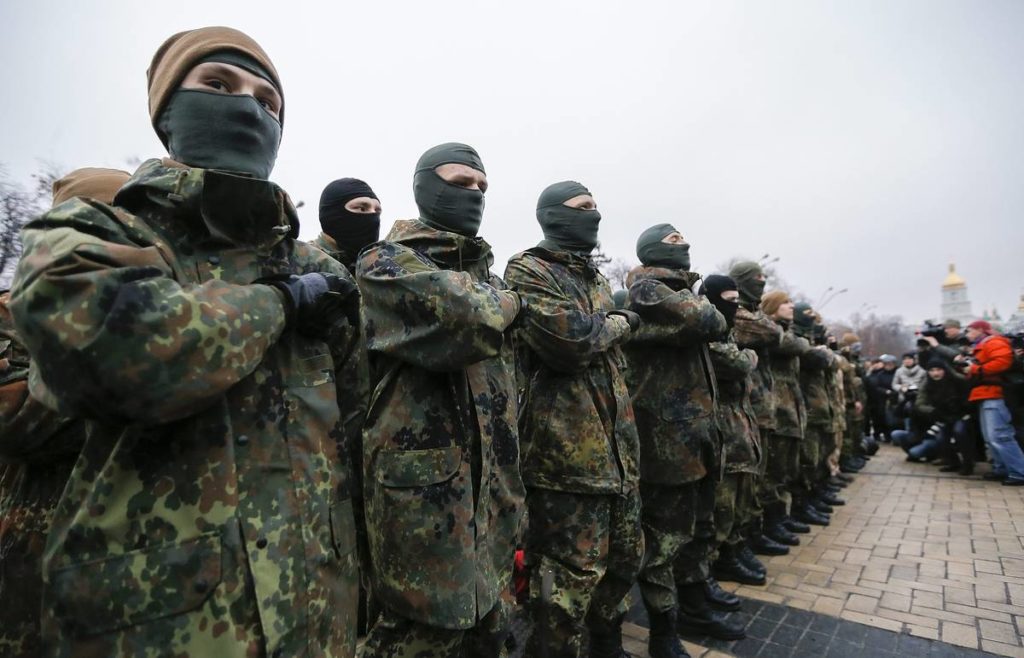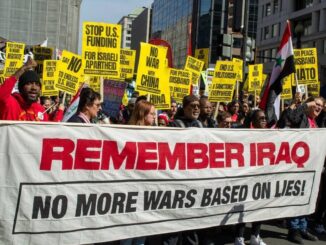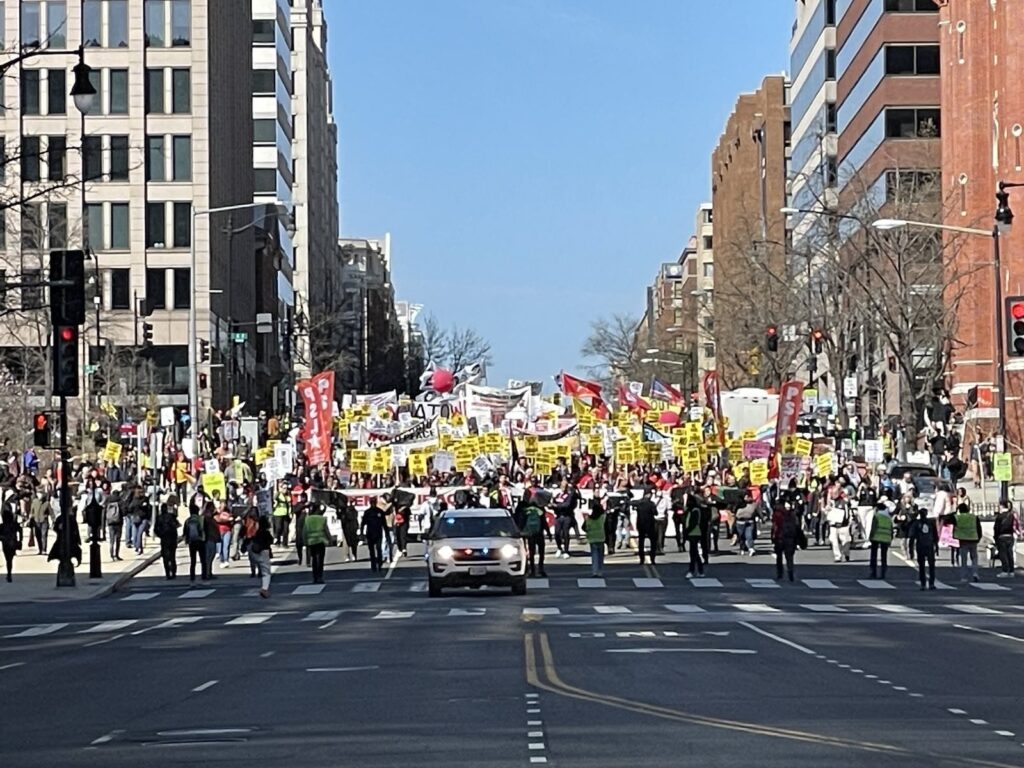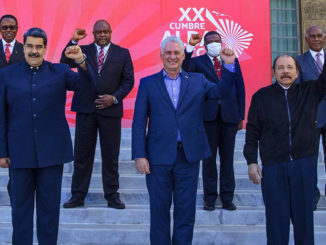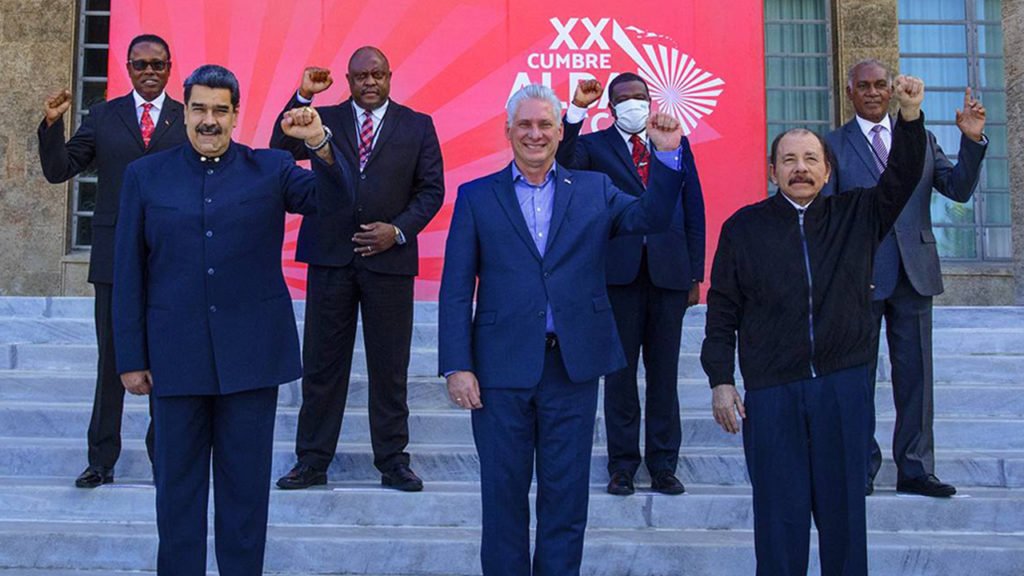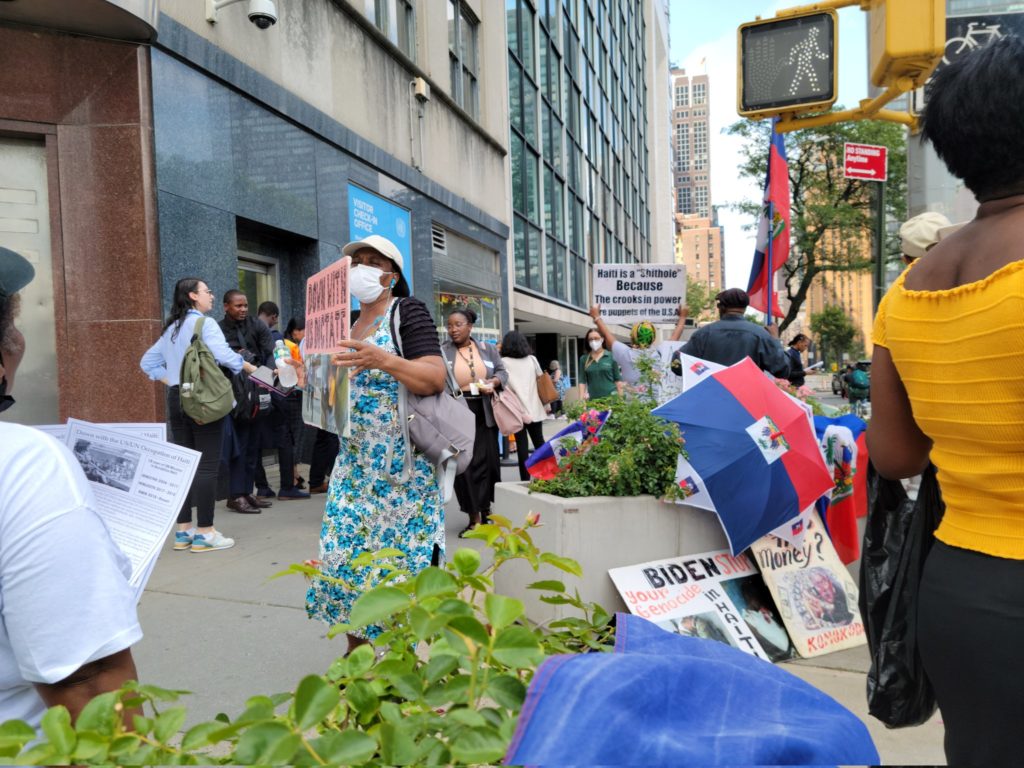
Anyone aware of the crisis in Haiti didn’t expect China and Russia to help end an occupation, foreign meddling and violence on the ground.
Despite China delaying a vote by two days to hold closed-door negotations, the United Nations Security Council (UNSC) unanimously agreed Friday to renew the UN’s mandate in Haiti. Since 2004, as many as 13,000 troops from around the world have served as part of the UN’s peacekeeping mission.
For many Haitians, the mandate is a foreign occupation.
“Can anyone tell Haitians what [UN Integrated Office in Haiti] BINUH has put in place since Friday, July 15th? This is DAY THREE,” tweeted Daniella Bien-Aime, a Haitian living in the United States. Bien-Aime, as well as others, have used Twitter to voice their opposition.
‘Elites Use Young People’
Among many things, the mandate renewal terms include a call for all countries to end the transfer of small arms, light weapons and ammunition to anyone involved in gang-related activity.
But Haitian-born Jemima Pierre dismissed its viability, given even poor young people have obtained guns worth thousands of dollars. She also rejected the use of the term “gang violence” to describe the struggle on the ground.
“The elites use young people to settle economic and political scores,” said Pierre, who is Haiti/Americas Co-Coordinator for the Black Alliance for Peace and an anthropology and Black studies professor at the University of California Los Angeles.
Pierre added Haiti’s elite families control five major ports.
“Guns come through the boats and customs turns a blind eye,” she said.
UN Missions Brought ‘Misery’
The two UN mandates—the UN Stabilization Mission in Haiti (MINUSTAH, 2004-17) and the UN Integrated Office in Haiti (BINUH, 2019-present)—have introduced sexual violence and cholera.
“These missions were supposed to stabilize Haiti,” Dahoud Andre told Black Agenda Radio. He is a member of grassroots group KOMOKODA, the Coalition to End Dictatorship in Haiti. “It’s brought misery. It’s brought terrorism to the people of Haiti.”
Adding to the violence and foreign occupation is the humanitarian crisis, exacerbated by last year’s earthquake. Out of 11.4 million Haitians, 4.9 million will need humanitarian assistance this year, with the majority needing “urgent food assistance,” according to the United Nations.
Between July 8 and July 12, the UN reported at least 234 deaths and injuries. That is due to a recent surge in gang violence, which Pierre questioned having occurred just days before the UNSC vote.
Haitian to UN: ‘China Has Put You On Notice’
Some applauded China’s role in adding grit along the UNSC’s path to renewing the mandate.
“You have one year to get your act together. By this time next year, you won’t be able to tell the world why you are so ineffective,” Bien-Aime tweeted in reply to a UN tweet on Friday. “China has put you on NOTICE. And it’s good for Haiti.”
For now! And this is after a FORCED postponement of the vote. Please do not embellish this. You have one year to get your act together. By this time next year, you won't be able to tell the world why you are so ineffective. China has put you on NOTICE. And it's good for Haiti.
— Daughter of Desalin (@dbienaime) July 16, 2022
Last month and this month, dozens of grassroots Haitian organizations signed onto open letters to China and Russia. Those letters asked for both countries’ representatives to vote against renewing the UN mandate. Mexico’s role as “co-penholder” alongside the United States in drafting the resolution put the Latin American country in the spotlight, with one open letter addressed to the Mexican president.
David Oxygène, a member of MOLEGHAF, a grassroots anti-imperialist organization based in the Fort National neighborhood of Port-au-Prince, told Toward Freedom via a Haitian Kreyol interpreter that China and Russia have had opportunities in the past to show solidarity with Haiti. Yet, they failed, he said, as the mandate was renewed year after year.
‘Tilting At Windmills’
Russia’s UN representative pointed out in a June 16 meeting that international actors must respect Haiti’s sovereignty as a baseline to helping Haiti out of its crisis.
A summary of that meeting paraphrased Dmitry A. Polyanskiy as saying solving security problems in Haiti “might be tilting at windmills” because of chaos in the government.
In January 2021, protests broke out over President Jovenel Moïse refusing to step down once his term ended. He was assassinated about six months later. That brought to power U.S.-supported Prime Minister Ariel Henry of the right-wing Parti Haïtien Tèt Kale (“Haitian Bald-Headed Party” in English).
Pierre said UNSC mandate renewal resolutions normally have been rubberstamped each year. She saw China playing a positive role in questioning the basis for the 2022 renewal and demanding closed-door negotiations, which delayed the vote by two days.
“But at the same time,” Pierre said, “They’re leaving it up to the UN to work with [regional Caribbean alliance] CARICOM—the UN occupation is the problem.”
Andre told Black Agenda Radio the world should denounce what he referred to as the UN’s “anti-democratic nature.” He pointed out 193 countries are UN members, while only 15 vote on the UNSC.
Representatives for Mexico, China and Russia could not be reached for comment.
‘A Wall Around Haiti’
Haitian-born and U.S.-raised activist Chris Bernadel said Haitians feel isolated from the peoples of the Americas, partly because of the UN occupation’s impact on the economy and communications.
“There has been a feeling of a wall around Haiti,” said Bernadel, who is a member of MOLEGHAF and the Black Alliance for Peace. “The voices of the Haitian people, and the poor and struggling working people, have not been able to be integrated within the wider region. That is something MOLEGHAF has been trying to break through.”
For Oxygène, the support of organizations outside Haiti helps.
“We feel like we are not alone in this fight and we want it to go further, so we can find a solution to occupation,” he said.
Julie Varughese is editor of Toward Freedom.

